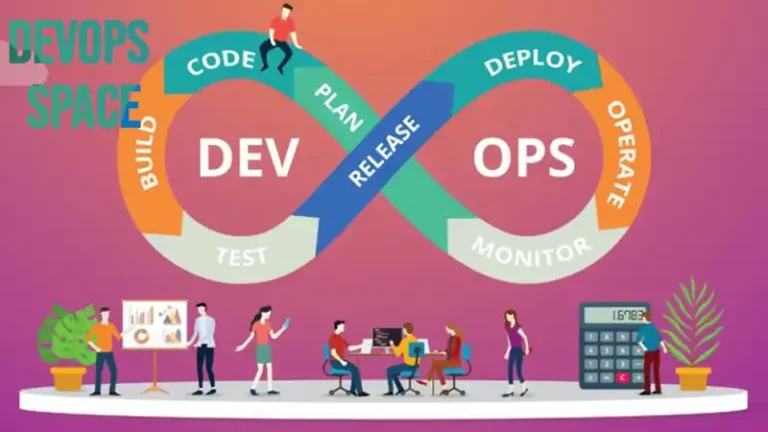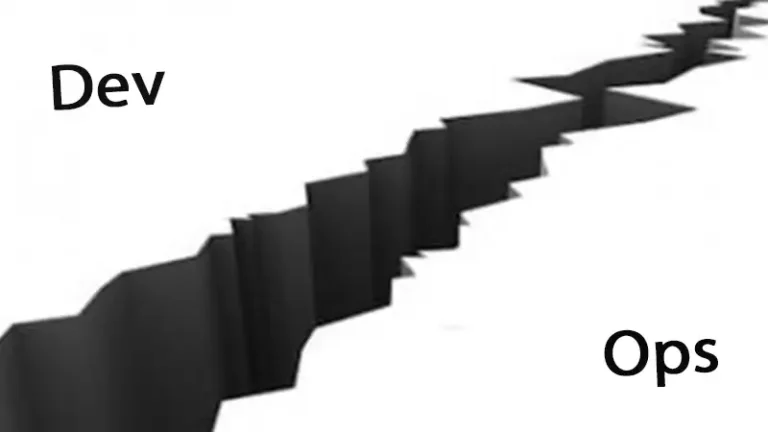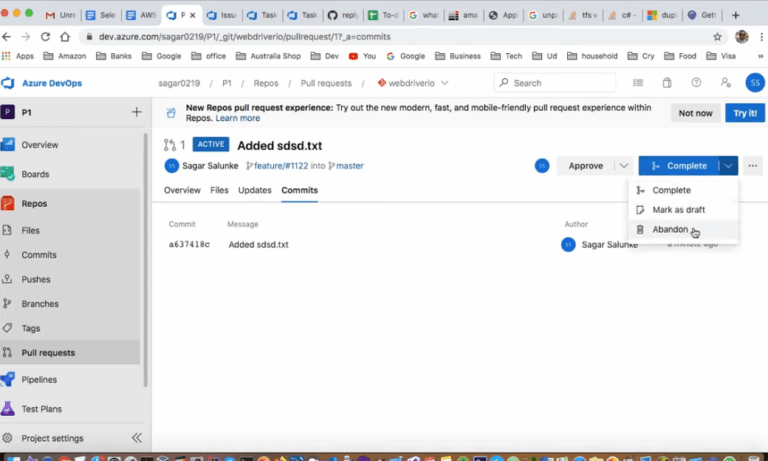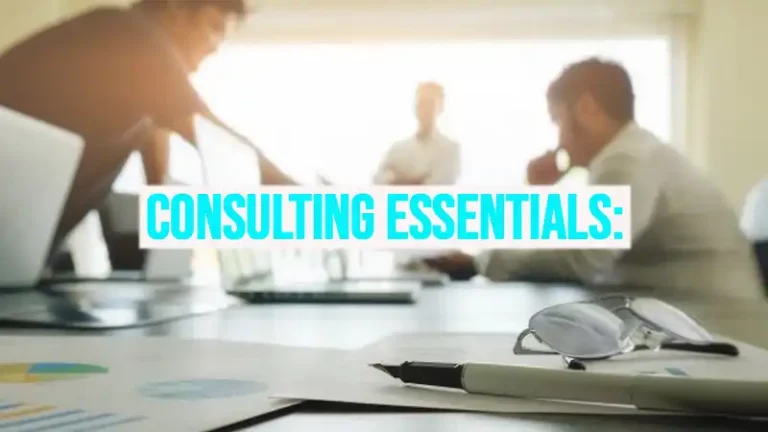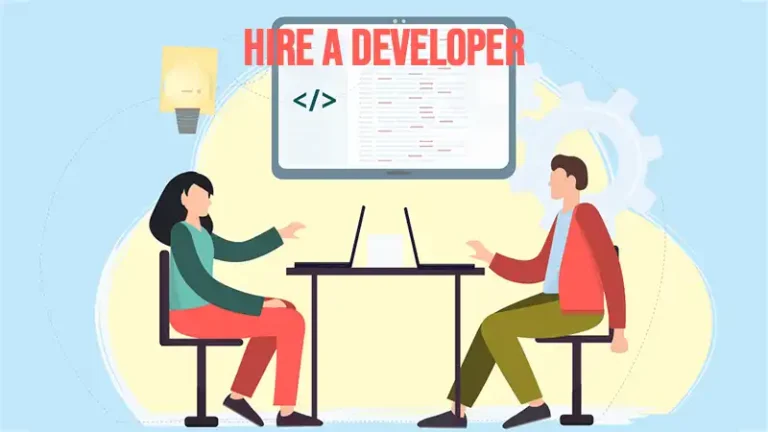Open Insights 55 | Preserving Optionality
Larry Summers, Director of the White House’s National Economic Council coined the phrase “preserving optionality” back when he was deputy secretary of the treasury under Robert Rubin in the Clinton administration.
It was meant to describe a strategy of keeping options open and fluid, fighting the urge to make choices too soon, before all of the uncertainties have been resolved.
In IT projects, I see this type of thing over and over. As engineers, and leaning towards the rational and objective side of thinking, we tend to want to make clear and sure decisions. But unfortunately, the field in front of us is often not as clear as we have laid it out to be.
In this article, I’m going to introduce Preserving optionality, its importance, and why should you focus on this thing. Let’s get started.

About Preserving Optionality
In concrete terms, preserving optionality can mean using multiple vendors, or a mix of commercial technologies, with open APIs, and open-source technologies.
But all leaning towards open standards as much as possible. For instance, the front-end facing systems may use one database vendor, and reporting systems might use another.
Yes, this may mean the need for more varied expertise in staffing and resources, but also leaves your options open at the negotiating table. You are less likely to be faced with hard vendor lock-in, where the vendor has a clear and much stronger poker hand when negotiating licensing fees and so on.
This may also come into play not just with the database or application server platform but also the development platform, that is the language your team decides to develop under.
Depending on the in-house expertise, and their leanings, you might decide to go with Java, or .NET. It may be that those languages offer obvious advantages in functionality.
Preserving Optionality from Another Perspective
Preserving optionality is a philosophy that takes some getting used to. It involves having a sense of humor and realizing our own human limitations. As Nassim Taleb points out over and over in his book Fooled By Randomness – “people overestimate their knowledge and underestimate the probability of their being wrong”. He suggests that by knowing this, and keeping it in mind, we can make more educated, and lower-risk decisions. Preserving optionality means waiting as long as possible to nail down those factors, decisions, or variables that are hardest to undo once they’ve been settled on.
Conclusion
We hope now you have a clear concept about preserving optionality and how can you make lower-risk decisions using it after reading this article. For any further queries regarding this topic, feel free to ask in our comment section below. Thanks for reading!

